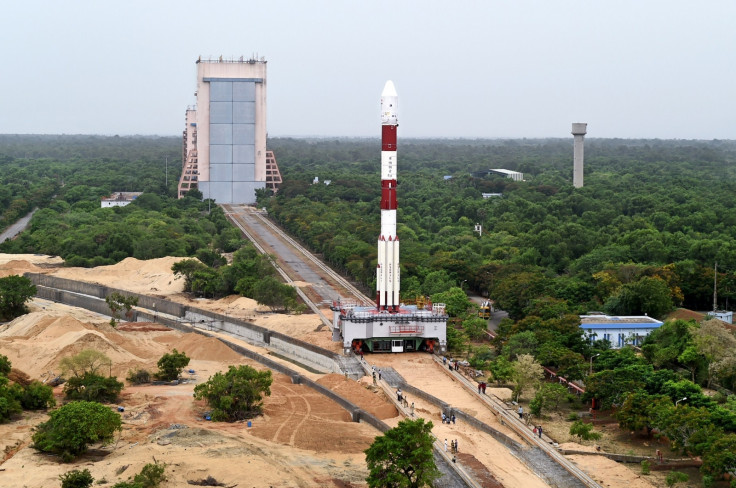Isro launches 20 satellites in record PSLV mission

The Indian Space Research Organisation (Isro) has launched 20 satellites on a single rocket, a record for the space station at Sriharikota in southern India. The Polar Satellite Launch Vehicle (PSLV)-C34 is carrying a crucial earth observation satellite for India besides several instruments for foreign nations.
The PSLV was launched from the Satish Dhawan Space Centre at 9.26am local time following a 48-hour countdown. While the 19 other satellites weigh about 560kg, the main payload of the Indian satellite Cartosat-2 is about 725.5kg. A S Kiran Kumar, chairman of Isro, said the PSLV has "done its job".
This is the maximum number of satellites Isro has managed to put into space on a single mission though other countries have launched as many as 34 satellites in one go. The launch vehicle is carrying equipment from several countries like the US, Indonesia, Canada, and Germany.
The entire launch sequence lasts a little more than 26 minutes during which all the satellites would be put into their respective orbits one after another. The rocket weighs about 320 tonnes standing tall at 44.4 metres.
Earlier, speaking to IBTimes UK, Kumar described the major challenges faced in the launch of the vehicle. He said: "Once you have multiple satellites in the same launch vehicle, what you've to make sure is spacing between the releases of these satellites and ensuring that your mission profile does not result in the release of these satellites – meaning one coming in the way of the other – and the release mechanism itself."
Wishes have been pouring in from across the country hailing the Isro's achievement. Prime Minister Narendra Modi has been sending out several tweets praising the agency. He wrote: "Our space programme has time and again shown the transformative potential of science & technology in people's lives." President Pranab Mukherjee has also congratulated the team.
The ambitious mission is widely expected to put Isro in a competitive space with other global players in the rapidly changing space industry.
20 satellites in a go! @isro continues to break new barriers. Hearty congratulations to our scientists on the monumental accomplishment.
— Narendra Modi (@narendramodi) 22 June 2016
Heartiest congratulations to ISRO Team on successful launch of PSLV-C34 carrying a record 20 satellites #PresidentMukherjee
— President of India (@RashtrapatiBhvn) 22 June 2016
A day of great pride for India as #ISRO successfully launches PSLV C-34 placing a record of 20 satellites in space. pic.twitter.com/39Dn3v2p7A
— Dharmendra Pradhan (@dpradhanbjp) 22 June 2016
My congratulations to all @isro scientists and their team who made India proud.
— Manohar Parrikar (@manoharparrikar) 22 June 2016
© Copyright IBTimes 2024. All rights reserved.






















